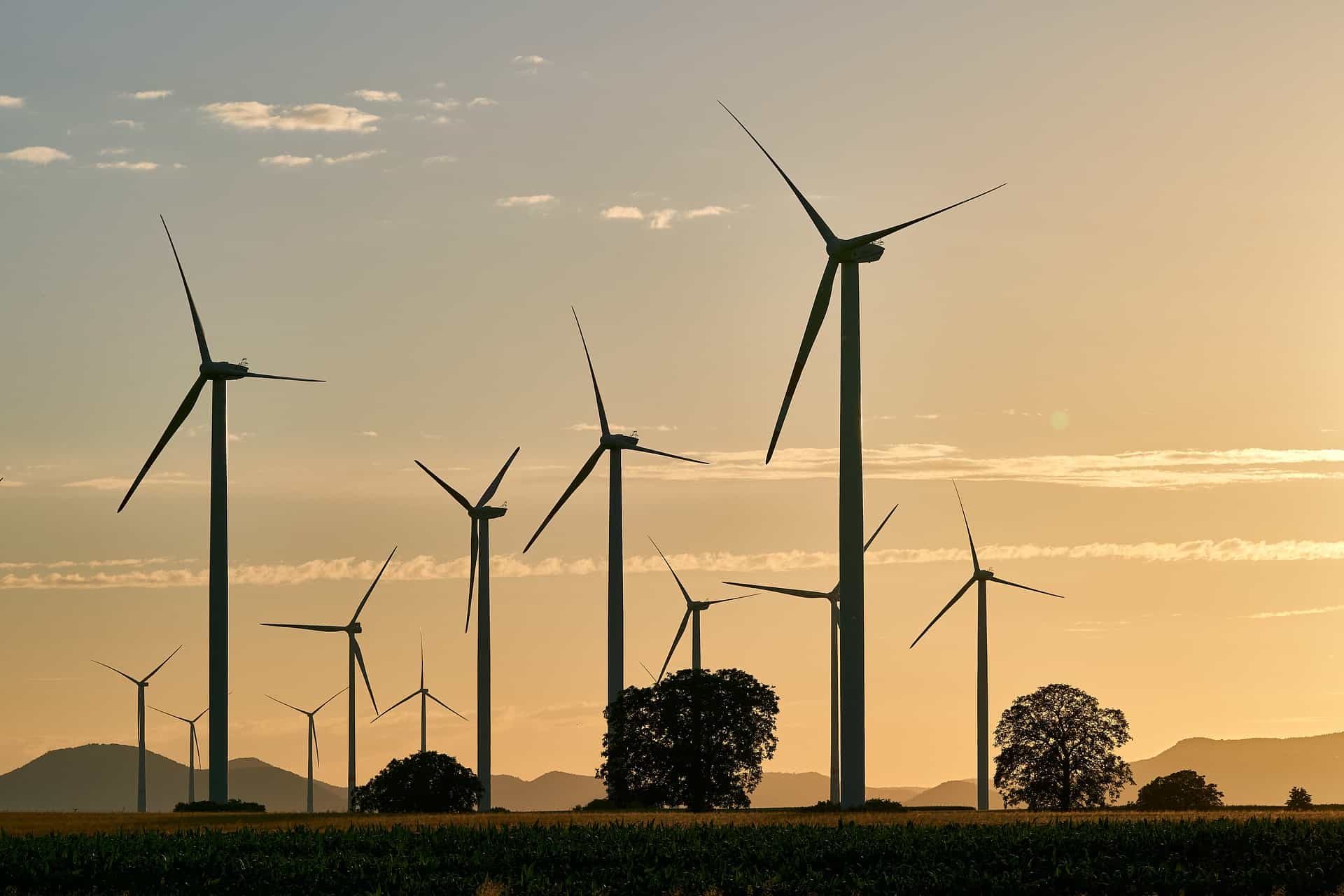Madrid, UAE– Global investment in energy transition technologies, including energy efficiency, reached $1.3 trillion in 2022, said a report.
The report “Global Landscape of Renewable Energy Finance 2023” said the investment set a new record-high, up 19 percent from 2021 investment levels, and 50 percent from before the pandemic in 2019.
Launched on the side lines of the Spanish International Conference on Renewable Energy in Madrid, the joint report by the International Renewable Energy Agency (IRENA) and Climate Policy Initiative (CPI), said although global investment in renewable energy reached a record high of $0.5 trillion in 2022, this still represents less than 40 percent of the average investment needed each year between 2021 and 2030, according to IRENA’s 1.5°C Scenario.
Investments are also not on track to achieve the goals set by the 2030 Agenda for Sustainable Development, WAM reported.
Since decentralized solutions are vital in plugging the access gap to reach universal energy access to improve livelihoods and welfare under the 2030 Agenda, efforts must be made to scale up investments in the off-grid renewables sector.
Despite reaching record-high annual investments exceeding $0.5 billion in 2021, investment in off-grid renewable solutions falls far short of the $2.3 billion needed annually in the sector between 2021 and 2030.
Furthermore, investments have become concentrated in specific technologies and uses. In 2020, solar photovoltaic alone attracted 43 percent of the total investment in renewables, followed by onshore and offshore wind at 35 percent and 12 percent shares, respectively.
Based on preliminary figures, this concentration seems to have continued to the year of 2022. To best support the energy transition, more funds need to flow to less mature technologies as well as to other sectors beyond electricity such as heating, cooling, and system integration.
Comparing renewables financing across countries and regions, the report shows that glaring disparities have increased significantly over the last six years. About 70 percent of the world’s population, mostly residing in developing and emerging countries, received only 15 percent of global investments in 2020. Sub-Saharan Africa for example, received less than 1.5 percent of the amount invested globally between 2000 and 2020. In 2021, investment per capita in Europe was 127 times that in Sub-Saharan Africa, and 179 times more in North America.
The report emphasizes how lending to developing countries looking to deploy renewables must be reformed and highlights the need for public financing to play a much stronger role, beyond mitigating investment risks. Recognizing the limited public funds available in the developing world, the report calls for stronger international collaboration, including a substantial increase in financial flows from the Global North to the Global South.
“For the energy transition to improve lives and livelihoods, governments and development partners need to ensure a more equitable flow of finance, by recognising the different contexts and needs,” said IRENA Director-General, Francesco La Camera.
Achieving an energy transition in line with the 1.5°C Scenario also requires the redirection of $0.7 trillion per year from fossil fuels to energy-transition related technologies. But following a brief decline in 2020 due to COVID-19, fossil fuel investments are now on the rise. Some large multinational banks have even increased their investments in fossil fuels at an average of about $0.75 trillion dollars a year since the Paris Agreement.
In addition, the fossil fuel industry continues to benefit from subsidies, which doubled in 2021 across 51 countries. The phasing out of investments in fossil fuel assets should be coupled with the elimination of subsidies to level the playing field with renewables. However, the phaseout of subsidies needs to be accompanied by a proper safety net to ensure adequate standards of living for vulnerable populations.








